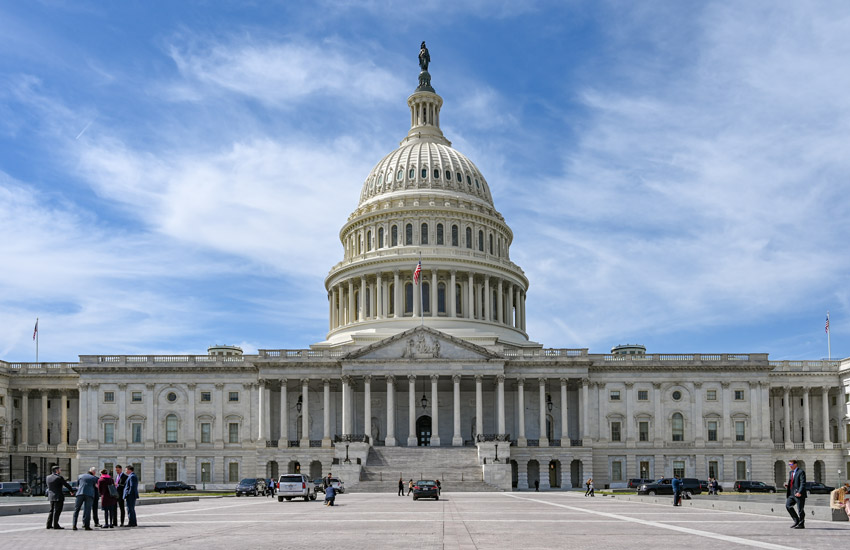Yesterday, a letter from three United States senators raised concerns about China’s digital yuan. Republican senators Marsha Blackburn, Roger Wicker and Cynthia Lummis asked the U.S. Olympic and Paralympic Committee to consider preventing American athletes from using China’s digital yuan during the Beijing Winter Olympics in 2022.
China has been stepping up the pace of its central bank digital currency (CBDC) development, and last week published a whitepaper sharing further details about its design and issuance. Privacy was one of the points addressed.
The whitepaper says, “the e-CNY system collects less transaction information than traditional electronic payment and does not provide information to third parties or other government agencies unless stipulated otherwise in laws and regulations.”
This comes after a former head of China’s digital currency research expressed his own views that the digital yuan was not needed to monitor payments. “In fact, third-party payment technology can already enable the transparency of all real-time transactions,” said Yao Qian during a speech made in March.
The request to prevent American athletes from interacting with the digital yuan echoes the U.S. ban on Huawei networking equipment from domestic 5G networks last year. These comments from the senators reflect broader U.S. concerns over Chinese security threats and espionage.
“The integration of China’s digital currency into global commerce has many problematic privacy implications,” says the letter and outlines concerns about China using technology “to suppress” the Uyghur minority and the people of Hong Kong.
Recently, China’s digital yuan pilots have expanded to public transport systems in Beijing and Suzhou, and the number of people engaging with the digital currency has surpassed ten million people.
Meanwhile, in Asia, the Bank of Korea has selected the winning provider for its CBDC blockchain simulations. Japan also expects clarity on its digital yen technical features by late 2022.






